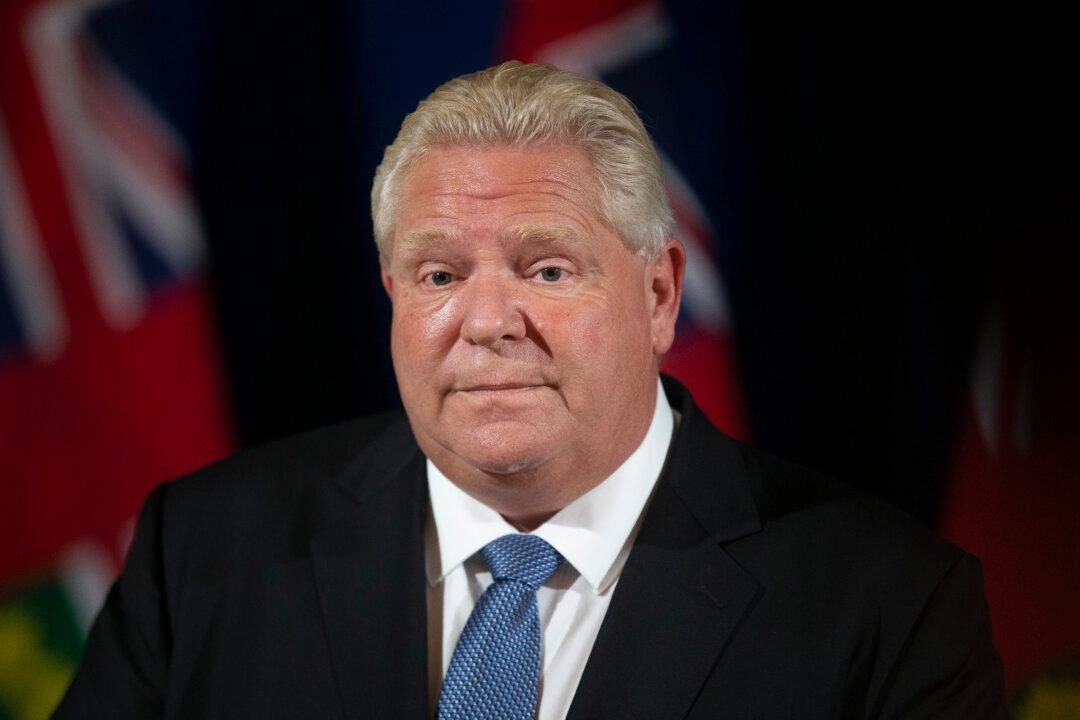Ontario will raise its minimum wage to $15 per hour next year, Premier Doug Ford announced on Nov. 2—a move that was welcomed by labour leaders and questioned by some business groups.
The minimum wage in Ontario currently sits at $14.35 per hour. The wage increase will take effect on Jan. 1, 2022, giving a raise to over 760,000 workers across the province, Ford said at a press conference in Milton, Ont, alongside Monte McNaughton, minister of labour, training and skills development, and Peter Bethlenfalvy, minister of finance.





